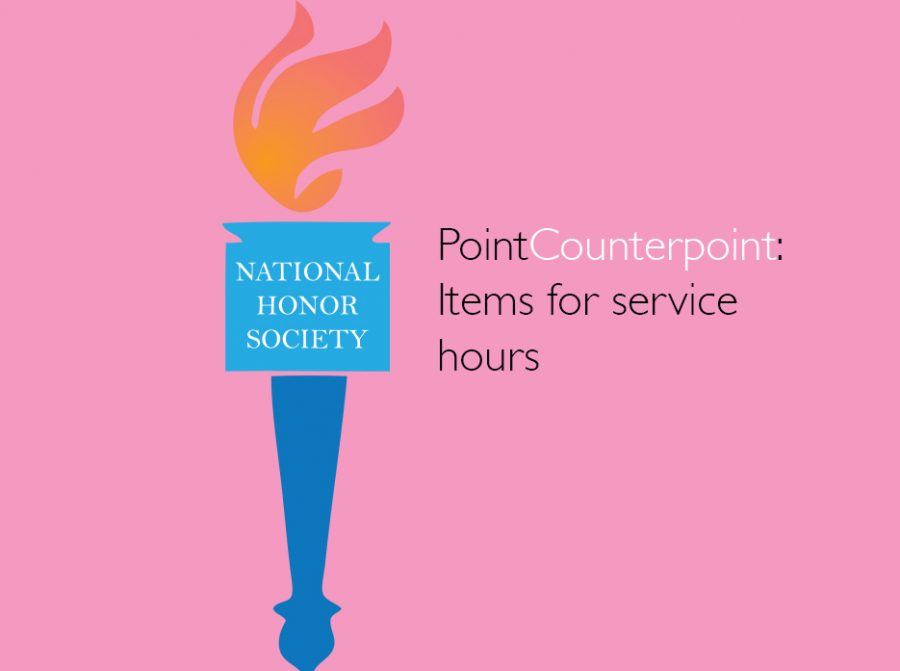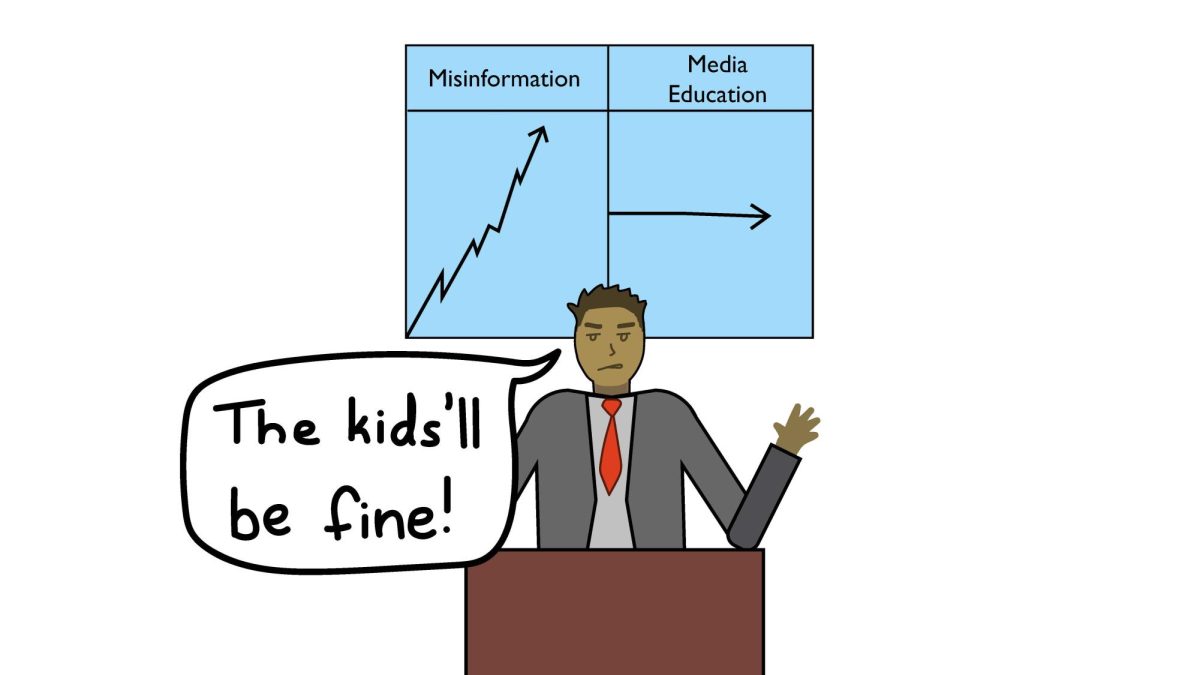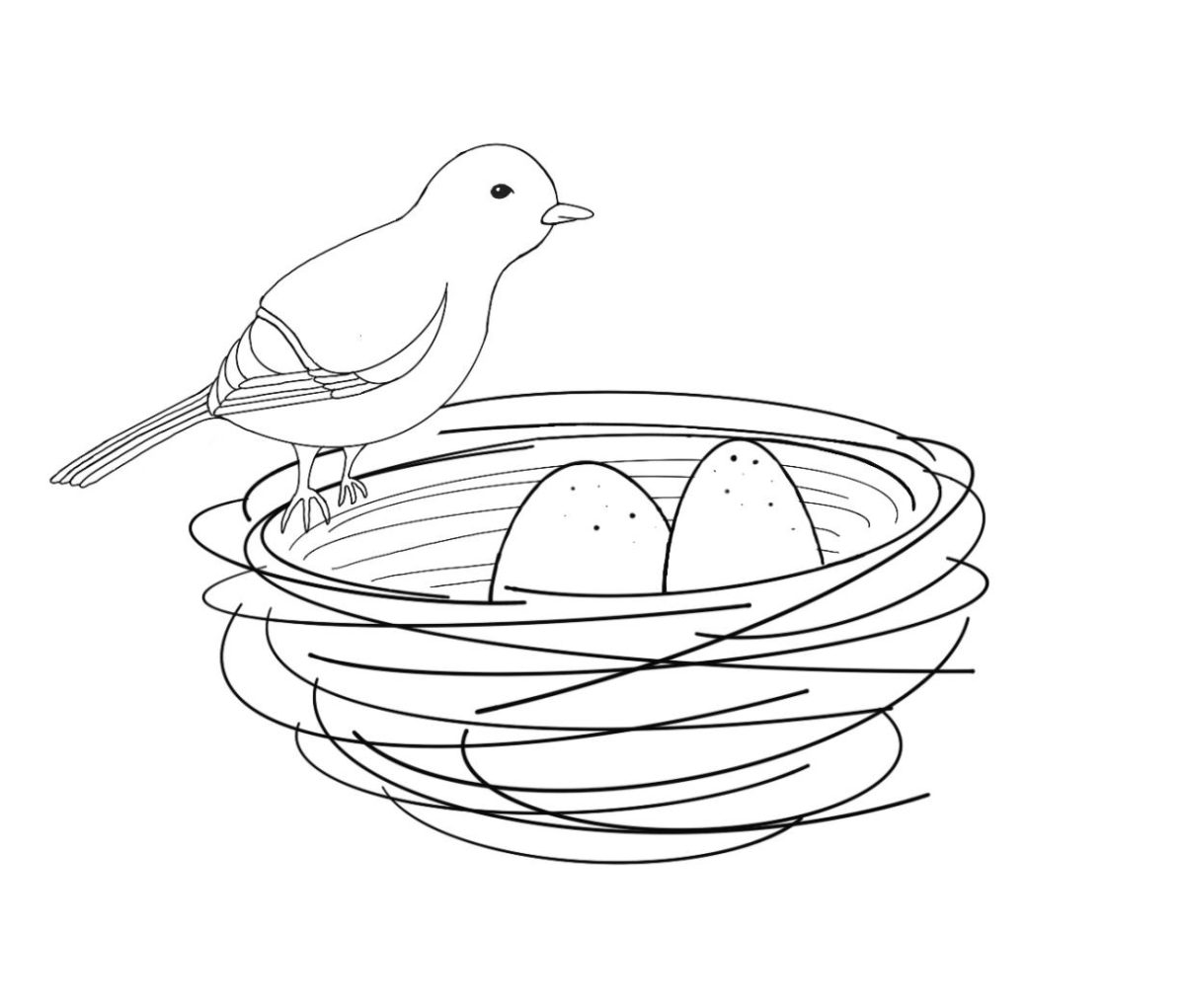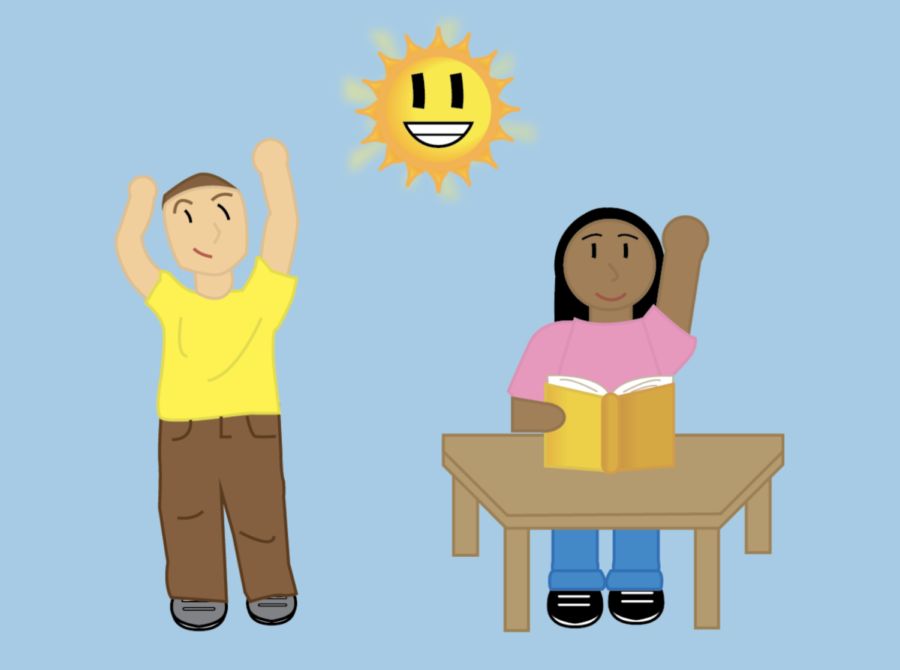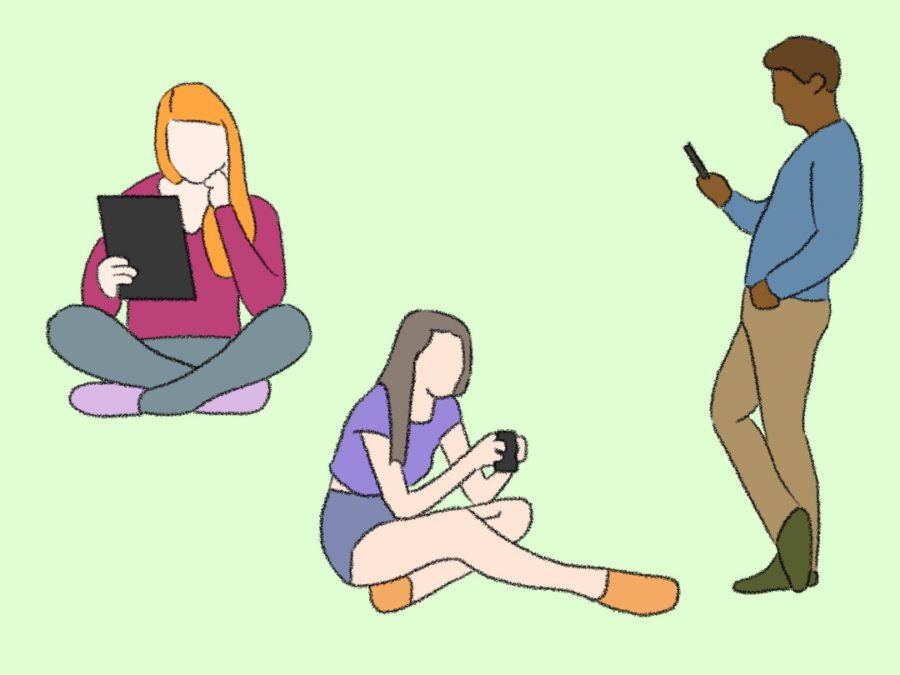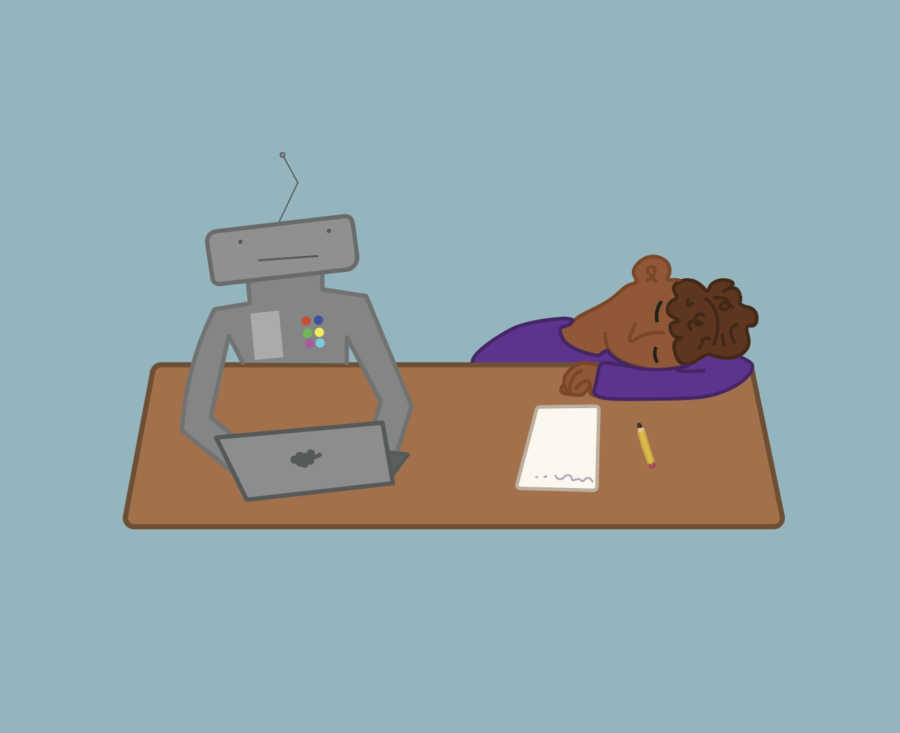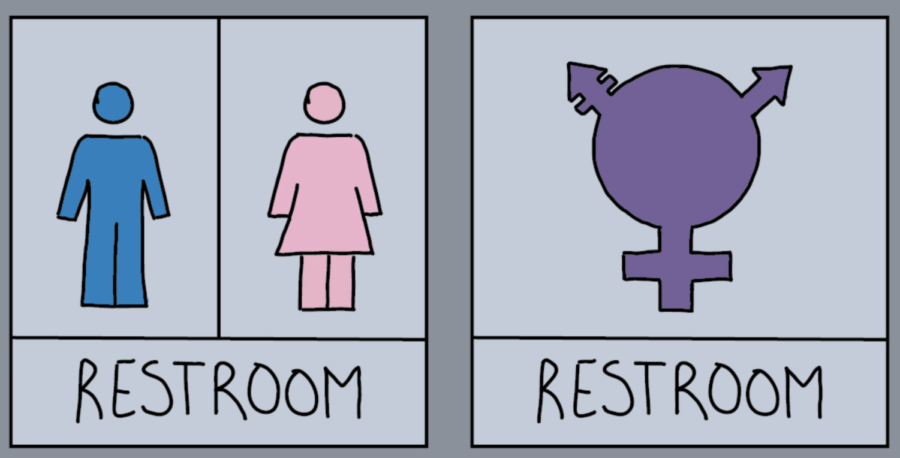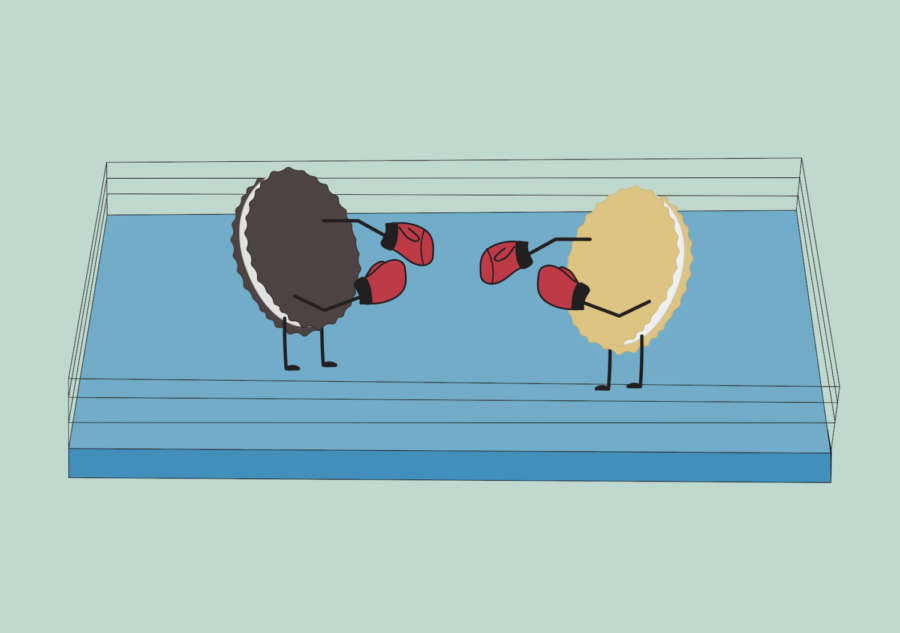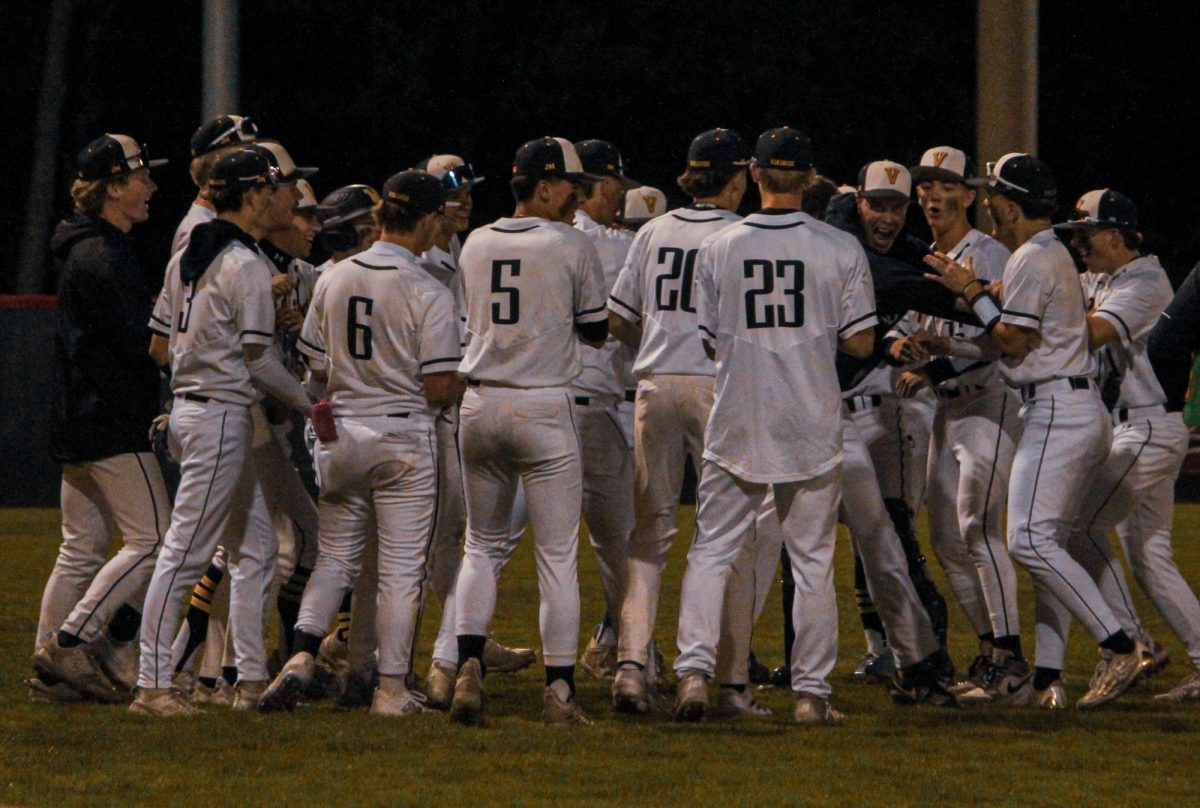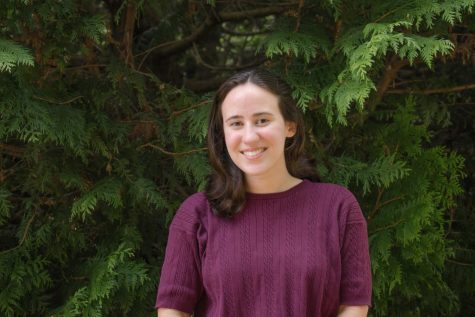Yes, donations reflect meaningful service
Naomi Nam
National Honor Society (NHS) encourages students to support their community through volunteering. Donating items is one of the ways to earn hours during the holiday season. The Inglemoor honor society chapter allows their members to donate items to drives in exchange for a maximum of two Valhalla or individual hours. For example, in this year’s toy drive, each toy counts as an hour. Clothing and toy drives are some of the drives ASB hosts, asking students to donate to help the community. Students who have a tight schedule still have the opportunity to give back to the community even when they do not have the time to offer.
Wintertime is especially busy, but for potential honor society members, it is crucial to complete service hours. Earning ten Valhalla hours by a set deadline is a requirement that creates pressure on students. The deadline set by NHS is non-negotiable, which makes it difficult for students. For some, this criteria is simply impossible to fulfill along with academics and extracurricular responsibilities.
Giving back to the community through donation drives highlights a fact commonly overlooked — most would not donate without an incentive. Unfortunately, this is the basis of the society we live in. Intention does not matter when a person in need is receiving support. Though donation drives are promoted, they sometimes do not receive enough without incentives for students to give to those in need and NHS members can help with this issue through donating.
Furthermore, the two-hour limit implemented by NHS ensures that students will volunteer for their community on their own time. In this way, the honor society still stays true to its values by requiring students to volunteer in person.
Although some may argue that donating to drives through the use of money diminishes a student’s connection to the community, this method requires a conscious effort on the student’s part. Donation drives require new items, meaning they have to be bought. Students need to take time to assess any of the products they may purchase as they are aware that people will be using these products practically. Through this, they consider the needs of the community and how their donation will aid those in need. This act emphasizes the fact that students will develop an awareness of the impact they make through their donations, aligning with one of the four pillars of NHS—service—and helping those who need it.
There are people who truly need the items that come from donation drives and rely on these resources; they do not have the means to get these for themselves. We need to consider the bigger picture and realize that the impact of this exchange between students and their community through donation drives is as valid as in-person community service.
No, Service hours should require personal action
Sofia Leotta
Volunteering is a fundamental aspect of high school, embodied by the National Honor Society (NHS) chapter. For annual induction into NHS, students are required to complete ten Valhalla hours (students not pursuing the IB Diploma must complete an additional 20 individual service hours).
Service opportunities tend to center around in-person community work such as tutoring or supervising activity booths. Honor society hours can also be earned through donation drives, which allow students to earn hours when they donate new items such as socks or toys.
However, this method of completing hours opposes the core values of NHS. Centered around the four pillars of scholarship, service, leadership and character, NHS emphasizes the sense of connection students develop to their community through service. Donating items neglects this principle.
Purchased items should not be exchanged for service hours since valuing money over volunteer work negates the personal development NHS strives to foster. Honor society’s aim to create personal connections is best accomplished through in-person service. When students can see the effect of their actions on community members, they gain a sense of civic responsibility. This emerges from directly working to better the lives of local community members.
In-person volunteering also provides opportunities for networking and career exploration. Students can observe their community from a different angle and get a sense of how certain occupations support society.
The use of in-person work to meet NHS requirements mimics the demands students face as they move from high school to the real world. With service hour requirements, volunteering pushes students to develop time-management skills. Exchanging this experience for donations threatens the personal development students gain from volunteering.
By NHS standards, the results of volunteering should encompass both personal enrichment and community benefit. Counting donations as service hours perpetuates the disconnect between students and the impact of their volunteer work. This is exemplified by the fact that there is no requirement for personal investment in donations; students can easily use their parent’s money to purchase items.
Despite the real world impact money can have, NHS is as much about supporting others as it is about furthering the personal connection students have with their community. Donating items shifts the experience of completing hours into one categorized by detachment. When students donate an item, they do not see the impact of their contribution; they are simply putting money toward a requirement.



